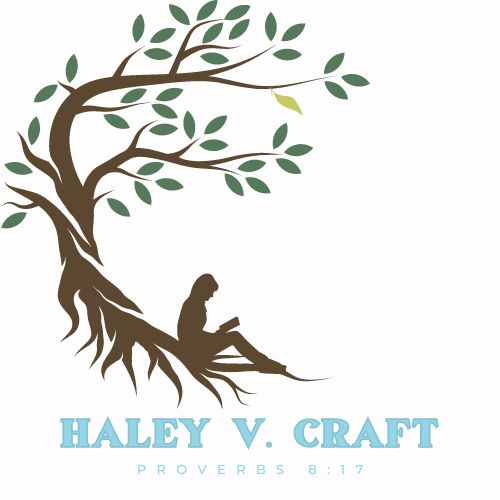Do not love the world nor the things in the world. If anyone loves the world, the love of the Father is not in him. For all that is in the world, the lust of the flesh and the lust of the eyes and the boastful pride of life, is not from the Father, but is from the world.
—1 John 2:15-16
I don’t know if you’ve noticed recently, but our world seems to be constantly searching for balance. Balance between work life and home life. Balance between focusing on current work and future goals. Balance between investing in relationships and investing time in yourself. There are even physical concerns like balancing your hormones and eating a balanced diet. A search for balance can be found almost everywhere—except when it comes to our faith.
I think this is a mistake. In many ways, God is a God of balance. After all, at the very beginning of creation, it was God who modeled how to have a healthy work-rest balance, and I’m pretty sure He didn’t do so because the few sentences that brought about creation left Him out of breath.
So we’re going to look at what balance in our faith looks like, but this week we’re starting with a disclaimer. I can already hear some of you objecting to the idea of balance being connected to faith. In my research for this post, I found several places where people argued that we shouldn’t seek balance in our faith, but just be obedient, and in some ways they’re right.
Seeking balance with our faith can be dangerous because we have an enemy who would love for us to slip up and try to find balance in the wrong places. If we look, it’s not too hard to find examples of churches that are doing this.
One example would be churches that try to balance who God is with what we want Him to do for us through the prosperity gospel. Another would be churches that try to find a more comfortable balance between what the Bible says about marriage and gender and what the world would like us to believe about it. These types of balance are corrosive. They eat away at our connection to truth and can leave us vulnerable, so this week we’re setting the boundary to let us know where we should be looking for balance and where there is no room for compromise.
So let’s start at the beginning. The very first thing we see in this verse draws the line for us: “Do not love the world nor the things in the world.” This is one of those pieces of Scripture that seems pretty straightforward at first English-translation glance, but there is much more under the surface. Reading the English translation, it can be easy to say to ourselves, “I don’t love the world. I love Jesus,” and assume we’re fine, but the original Greek reveals so much more about what’s going on.
The first phrase, “Do not love” is a form of the Greek word agape. It’s one of the words the Greeks used for love, but this one is special for several reasons. For one, this is the form of love God has for us as well as the form of love that exists between the persons of the Trinity, and therefore it is the highest form of love. It’s also defined by two incredibly important characteristics: choice and sacrifice. So when John writes, “Do not love the world,” he’s not talking about having lovey-dovey feelings for the world. He’s saying we’re going to be tempted to sacrifice our closeness with God to choose the world and we need to be aware and alert to defend against that.
And while we’re on the subject of loving the world, it is important that we know what we’re talking about when we refer to the world. With both the word world in this verse and the phrase the things in the world, the original word is the Greek word kosmos. It’s where we get the English words cosmos and cosmic from. It refers to an ordered system, so if we put it together, the danger we face and the boundary we are to avoid crossing is sacrificing our relationship with God and our knowledge of His truth by choosing to follow the system the lost world has put in place.
When it comes to what the Bible says, there is no debate. That’s why we see a binary in this verse. Either we love God or we love the world. The two categories are mutually exclusive and there is no middle ground on which to find balance.
As we go through this series, we will only be looking at places where Scripture shows us a need for balance. Both sides of the seesaw will be rooted firmly in the Word of God. We’re going to stay as far away from that boundary as we can, and in so doing, I believe God will show us how we can strengthen our faith and live it out in a way that ministers to those around us.






0 Comments